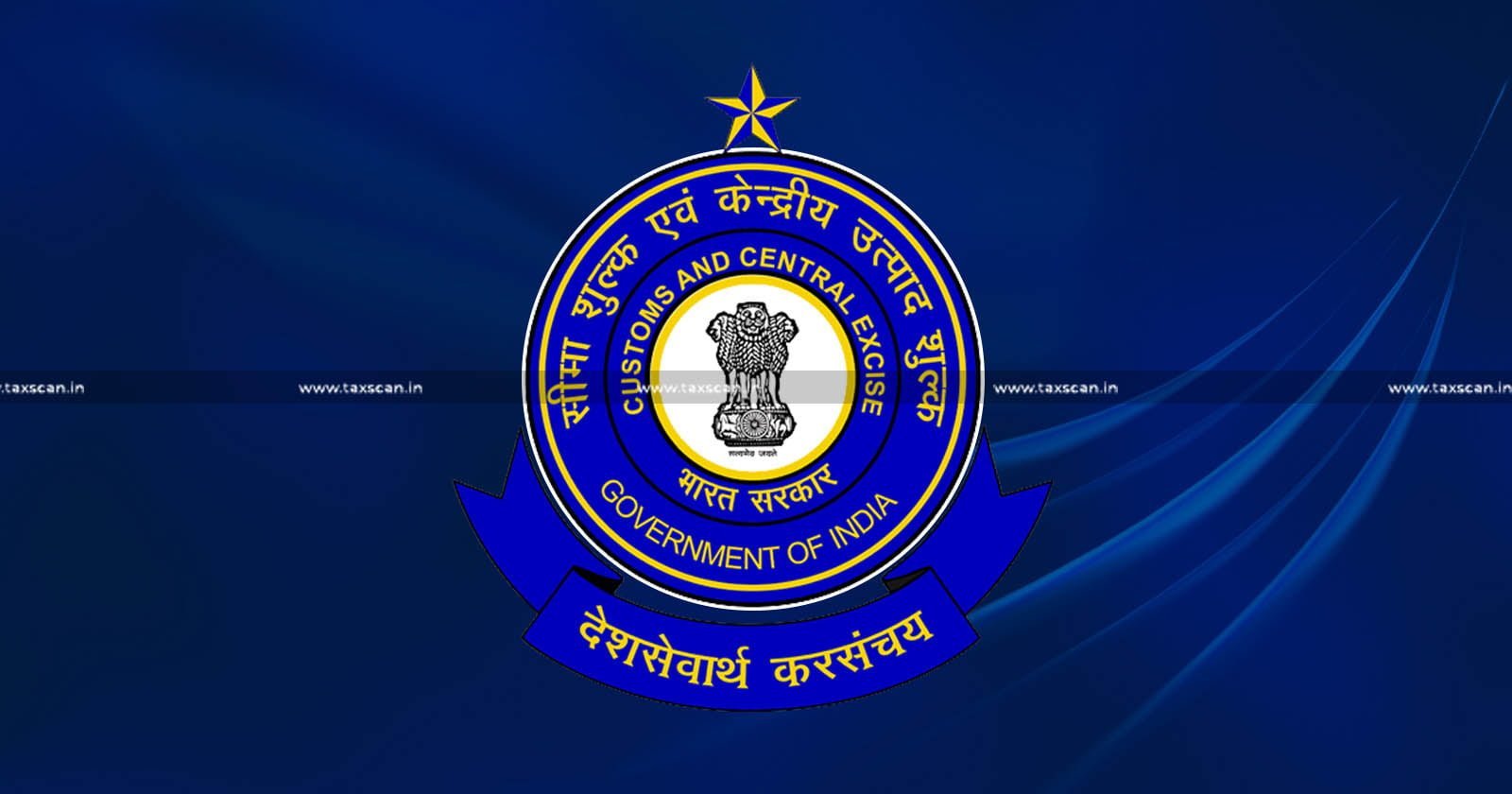Delhi HC Sets Aside GST Demand Order, Directs Fresh Hearing over Improper Service of SCN and RUDs [Read Order]
The Court noted errors on both sides but stated that the petitioner received the documents and had the opportunity to respond
![Delhi HC Sets Aside GST Demand Order, Directs Fresh Hearing over Improper Service of SCN and RUDs [Read Order] Delhi HC Sets Aside GST Demand Order, Directs Fresh Hearing over Improper Service of SCN and RUDs [Read Order]](https://images.taxscan.in/h-upload/2025/09/30/2092698-gst-demand-order-1.webp)
The High Court of Delhi, set aside the Goods and Service Tax (GST) demand order and directed a fresh hearing over the alleged improper service of the Show Cause Notice (SCN) and supporting documents (RUDs).
Hind Paper House,petitioner-assessee, received Form DRC-01-Summary of the Show Cause Notice (SCN )on 28th May, 2024, which indicated a demand of Rs. 4,04,61,076/- for the period April 2019 to March 2020 and scheduled a personal hearing on 28th June, 2024 at 11:00 a.m.
Although the Form stated that the SCN and supporting documents were uploaded, the petitioner maintained that neither the SCN nor the documents had been made available.
Stay Ahead with Expert Tax Insights – 2025 Edition
The petitioner challenged the order dated 24th August, 2024, contending that the SCN was not properly uploaded, Form DRC-01 could not replace a Show Cause Notice, the RUDs were served late on 15th June, 2024, the hearing was not conducted adequately, and the Input Tax Credit had already been reversed with records available to the Department.
Based on these points, the petitioner sought quashing of both the SCN and the impugned order.
The respondent counsel, submitted an affidavit dated 30th July, 2025, signed by Ms. Gomti Mattu, GSTO Ward 11, Department of Trade & Taxes, GNCTD. It stated that a Show Cause Notice (DRC-01) under section 73 of the DGST Act was issued to the petitioner on 28th May, 2024. Due to a technical glitch in Emsigner, the detailed summary of DRC-01 could not be generated or attached with the SCN at that time.
After the glitch was resolved, the detailed summary along with the SCN was sent by speed post on 13th June, 2024, and delivery to the petitioner was confirmed on 15th June, 2024. The petitioner had replied on 12th August, 2024, requesting an adjournment to arrange and upload supporting documents, which indicated receipt of the SCN and summary.
Following due process, the Demand Order dated 24th August, 2024, was issued. A rectification filed by the petitioner on 24th November, 2024, without supporting documents, was rejected.
The Department stated that the non-uploading of RUDs on the portal was due to the technical glitch, the RUDs were served on time, and the petitioner had sought extensions but did not submit a substantive reply.
 Also Read:Appeals Involving Taxability or Valuation Should Be Filed Directly Before Supreme Court u/s 35L of Central Excise Act: Delhi HC [Read Order]
Also Read:Appeals Involving Taxability or Valuation Should Be Filed Directly Before Supreme Court u/s 35L of Central Excise Act: Delhi HC [Read Order]
Justice Prathiba M Singh and Justice Shail Jain heard the Counsel for both parties. It noted that the Form DRC-01 uploaded on the portal did not provide sufficient details of the demand or allegations, making it inadequate for the petitioner to file a proper reply.
The Department stated that the RUDs were served on 15th June, 2024, which the petitioner disputed. However, the court found that the speed post tracking receipt and postal depot register submitted with the Department’s affidavit confirmed delivery.
The petitioner repeatedly sought adjournments on 29th May, 2024, 12th August, 2024, and 22nd August, 2024, but did not address the issues on merits. Although the petitioner claimed that the summary report uploaded on 22nd August, 2024, reflected the reversal of Input Tax Credit, the replies continued to request more time and access to RUDs.
The impugned order was passed on 24th August, 2024. The petitioner did not appear at the hearing and only uploaded a reply with the summary report, claiming no hearing date was fixed.
The court observed that there were errors on both sides: the Department initially failed to upload the full SCN, RUDs, and summary on 28th May, 2024, while the petitioner failed to file a substantive reply after receiving the physical copies on 15th June, 2024, and continued seeking adjournments.
In view of these facts, the bench held that the impugned order should be set aside and directed that the petitioner be granted a proper hearing before the Adjudicating Authority. The petitioner could also raise the limitation plea before the Adjudicating Authority.
The Department’s short affidavit was taken on record, all contentions were left open, and the petition, along with any pending applications, was disposed of.
Support our journalism by subscribing to Taxscan premium. Follow us on Telegram for quick updates


